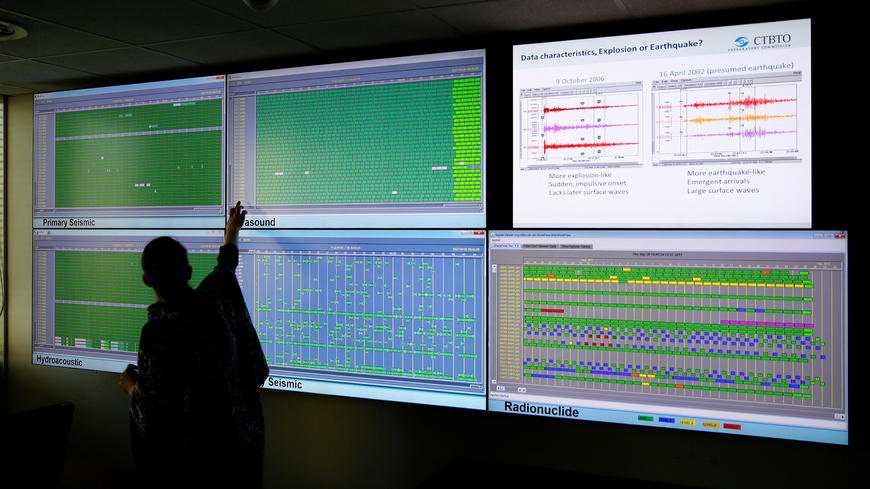
by Azita Carlson
The Donald Trump administration has just approved the export of high-tech US exports to Iran, a move that could increase international oversight of the 2015 nuclear deal.
US Deputy Secretary of State John Sullivan signed a waiver to allow the Maryland-based company, Hughes Network Systems, to send broadband networks, satellite dishes and wireless equipment to Iran for use by stations that monitor nuclear explosions as they happen.
The Comprehensive Nuclear-Test-Ban Treaty Organization (CTBTO), which monitors the 1997 global ban on nuclear test explosions (of which only eight nations, including Iran and the US, are not a party), requested the monitoring equipment.
Daryl Kimball, executive director of the Arms Control Association, said: “It’s like an earthquake detection system — it’s going to detect a very large detonation. If we think that the Iranians have somehow, someway detonated a nuclear device, we want to prove that using a data network that can show its work.”
The CTBTO has so far set up three seismic station sites in Iran –in Tehran, Kerman, and Shustar – to track any nuclear explosions and send the data to Vienna immediately, so that policymakers can track Iran’s nuclear activity. It is expected that three more sites will soon be created.
The State Department told Congress of their plan on January 5.
Hughes Network Systems was contracted in October about supplying communications equipment that would transmit explosion data from Iran to the US.
Ever since the Iran-Iraq War, the US has heavily restricted restricts “dual-use” exports that could benefit Iran’s nuclear weapons programme.
This is not the first time the US has allowed digital technology to be exported to Iran. In 2010, the State Department allowed some US companies to export chat, email and social networking software to Iran in an effort to strengthen free speech rights.
Nuclear Deal
This all comes as Trump’s May 12 deadline for deciding whether to stay in or pull out of the nuclear deal fast approaches.
Back in January, Trump extended nuclear-related sanctions relief on Iran but told Congress and the European signatories (Britain, France, and Germany) to the deal that this would be his last concession without “radical” changes to fix the flaws in the deal.
The State Department wants Europe to agree to:
•stricter limits on Iran’s testing of ballistic missiles
•better access to Iranian military sites for weapons inspectors
•the removal of sunset clauses that allow restrictions to expire
If Europe agrees, the other signatories to the deal (Russia, China, and Iran) would also have to agree.







